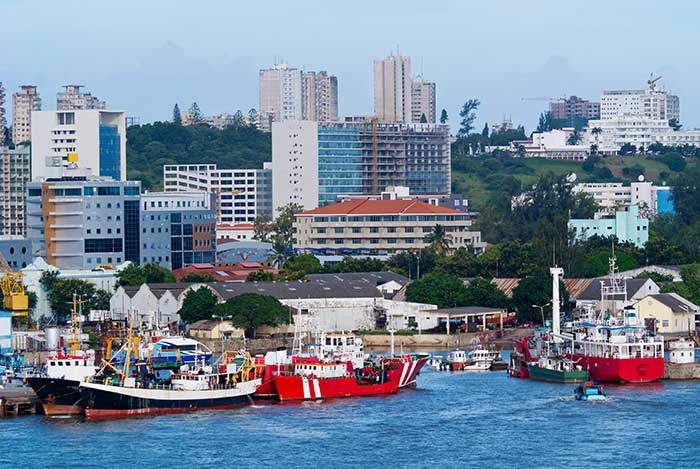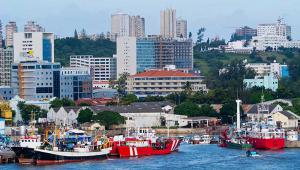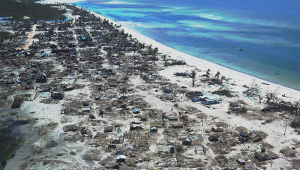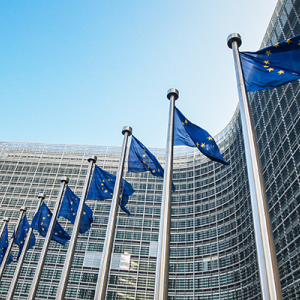web_maputo_shutterstock_135679997.jpg

A port in Maputo, the capital of Mozambique
The southern African nation has been struggling since having its financial aid cut off by a number of other donors last year, when it was revealed that the country had concealed over $1.4bn in borrowing.
Since then, the heavily aid-reliant nation has been struggling to stay afloat and persuade its disgruntled international creditors to restructure its debts. Mozambique has missed two debt servicing payments so far this year.
Mark Lundell, World Bank country director for Mozambique and a number of other southern African nations, noted the approval of the bank’s programme with Mozambique comes at a “critical juncture” for the country.
An audit of Mozambique’s borrowing – demanded by the International Monetary Fund and the country’s private creditors – is expected in the coming weeks. Its publication should help move restructuring negotiations and talks on resuming IMF aid forward.
Of the $1.7bn available from the World Bank, approximately $120m will be made available immediately in the 2017 financial year. Disbursements of around $410m are planned each financial year after that.
The money will not contribute directly to Mozambique’s budget, around 10% of which was made up of aid payments.
Along with other donors, the bank suspended such payments following the debt revelations. It said yesterday that the resumption of these depends on the country’s progress in restoring debt sustainability and creating “adequate” economic frameworks.
Mozambique’s gross public debt has ballooned to an estimated 130% of GDP following the revelations, which sent the country’s currency into a tailspin, driving the cost of the country’s foreign debt skyward.
Prior to the debt disclosure, Mozambique’s prospects had been hopeful. Growth stood at 6.6% in 2015, and the country had recently discovered a stock of natural resources off its coast – some of which the hidden loans helped pay to secure.
However their discovery has pushed growth down to just 3.3% – its lowest since the turn of the century – and massively deterred the foreign investment that had been flowing into the country.
The bank said its current focus will be on helping Mozambique address these consequences and restore confidence via advisory support on balancing the budget and debt management.
It will also work to boost key sectors like agriculture and energy, leveraging private sector capital and supporting access to finance for domestic businesses.
Lundell said: “The country needs to prepare for its upcoming resource-rich status and develop a more productive economy, which will depend on how effectively natural wealth is reinvested into human, physical and institutional capital.
“Among other things, this strategy will support institutions and build systems in Mozambique to achieve just that.”












